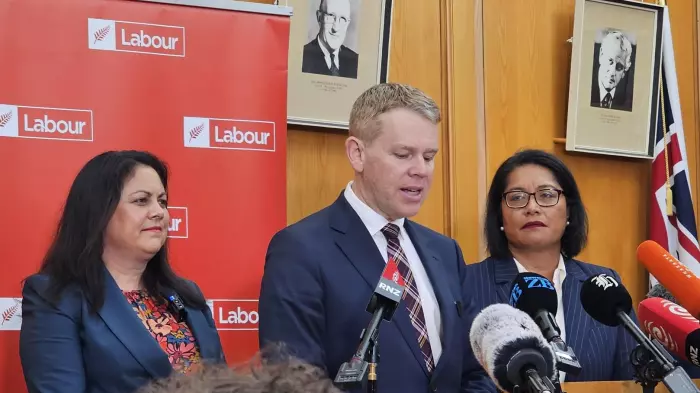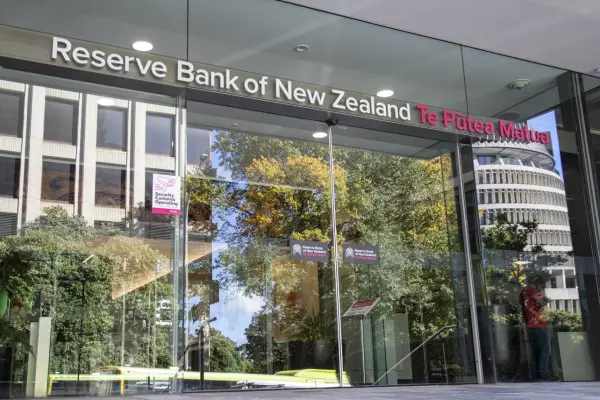Within two hours of yesterday’s Undesirable Trading Situation ruling by the Electricity Authority, Flick Electric was calling for the break-up of Meridian Energy.
The Green Party also raised the threat of “structural separation” if the government can’t guarantee electricity supplies to “small retailers at a reasonable price, to improve real competition for consumers.”
That kind of reaction is probably understandable, but not what the country needs right now – not if we are serious about electrifying transport and industry and increasing our renewable generation investment to do that.
NZ’s wholesale electricity market has been remarkably resilient during the past 24 years. But no market is perfect and neither has this one been static.
Despite, or because of that, billions of dollars have been invested in recent decades in new geothermal, wind generation, upgraded hydro assets, fast-start gas-fired peakers, and the transmission to deliver their output.
Billions more will need to be spent to meet this country’s 2050 emissions targets and nothing gets in the way of investment like ad-hoc market interventions.
Next steps
Yesterday’s finding that higher-than-expected wholesale power prices last December – a time of record flooding in the lower South Island – constituted an undesirable trading situation, should not have been a surprise.
Just like the last UTS declaration nine years ago, nothing will happen instantly. But this investigation and its aftermath will shape the market’s evolution.
The regulator – and the industry – are yet to determine how to redress the estimated $70 million of over-charging that occurred last December. Separate investigations are also underway into Meridian’s trading conduct and that of Contact Energy – the other major South Island generator.
But change for the broader market is already underway.
Earlier this month, the authority said it had accepted recommendations to amend the industry’s rules on trading conduct. Consultation will take place next year, but the proposals of an industry working group envisage new, stricter standards on those making offers in the wholesale market.
Should a participant find – as Meridian did last December – that it has significant market power at some point on the grid – it will be expected to price its electricity there as if that market dominance didn’t exist. And the participant will have to be able to demonstrate it acted within the new rules.
Pricing
As the authority noted in yesterday’s ruling, big hydro generators with low operating costs are able to price above their short-run costs to get a return on the capital they have sunk in their massive dams.
But they already get to do that much of the time when the country’s gas and coal-fired power stations are setting prices. Times of water scarcity are another opportunity, it noted.
But withholding generation and raising prices when there is a lack of competitive pressure will clearly catch the eye of a regulator, which the new regime anticipates will also be issuing “please explain” notifications much more frequently.
And before we race to break up generators or split off their retail arms – or any other alleged cure-all – let’s also remember the authority is already working on improvements to the electricity futures market to try and improve pricing for industry and retailers.
It is reviewing how much of the reduction in lines charges this year are being passed through in retail prices. It is also investigating the way the big generators price their retail activities to see if they are stifling competition by advantaging their businesses with preferential pricing or other forms of cross-subsidisation.
Unusual
Let’s also remind ourselves just how unusual events last December were.
Meridian, Contact and Genesis Energy were dealing with record flooding. Contact was also using automated spill gates at Clyde for the first time during a flood, so was trying to avoid being the price-setting generator in the South Island.
At the same time, Mercury NZ was trying to conserve water in its Waikato system given planned maintenance shutdowns on Transpower’s high-voltage link across Cook Strait and at the Pohokura gas field off the Taranaki coast.
It was this “confluence of factors” that left Meridian with little competition and allowed wholesale power prices to remain relatively high despite large-scale spilling and record production by Meridian.
So yes, it was unusual and clearly undesirable, and that’s why the UTS provisions exist.
But the fact the UTS provisions are called on so rarely should give us confidence the market isn’t broken.
It is in fact a platform for the next stage of the industry’s evolution, so long as we take the long view and resist short-term fixes.














